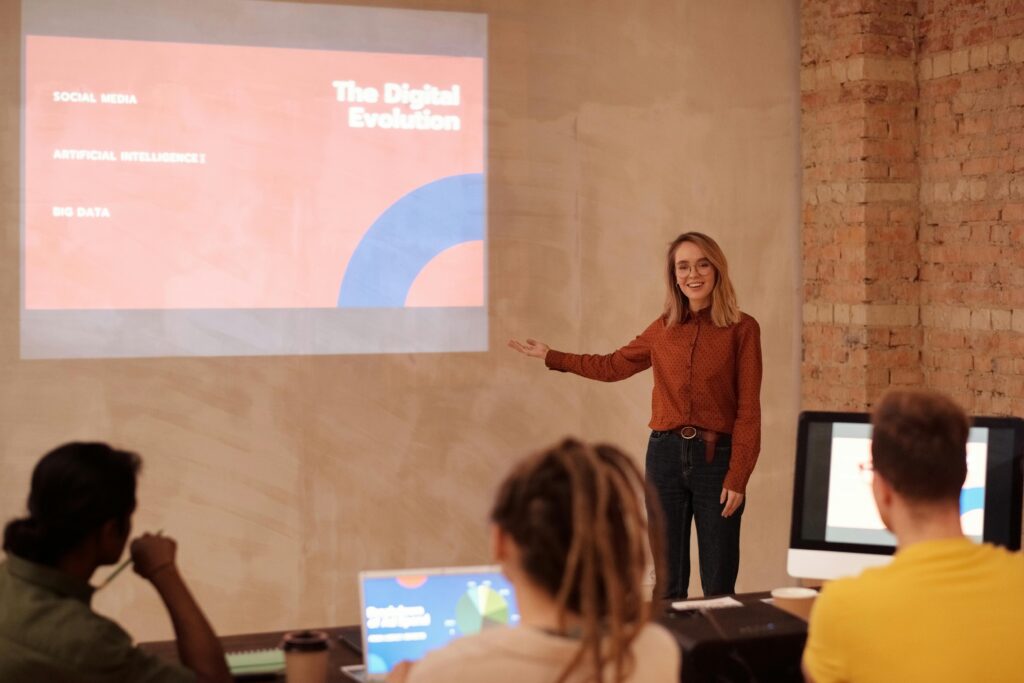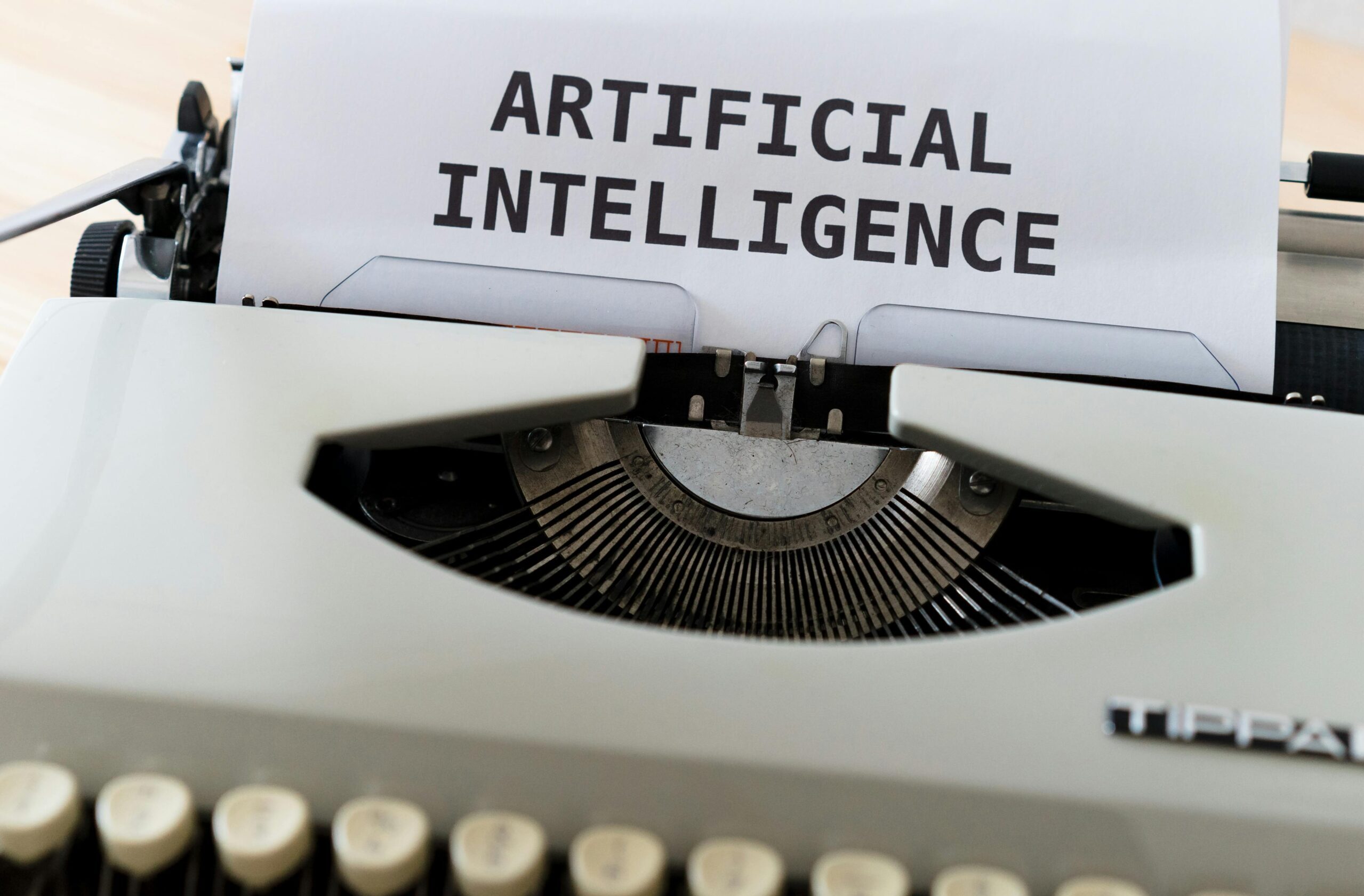Agentic AI in Self Driving Business: Over the last ten years, artificial intelligence (AI) has evolved toward a business phenomenon, and we have already passed the phase of buzzwords. However, as AI has become increasingly reactive in general (reacting to promptings, examining data, and helping to make decisions), the next wave will be Agentic AI as a type of emerging intelligent agent that will act on its own to achieve objectives. This is the new paradigm that is preparing the emergence of what Gurus at the World Economic Forum have termed the so called self-driving business.
Similarly to how self-driving cars have been made to drive along the roads with little to no human control, AIs can take charge of some of the key operations of businesses with a certain degree of autonomy like never before. In my article, we find out what agentic AI is, how it is transforming industries, and what the self-driving enterprise of the future can be, in this article.

Agentic AI, What Is It?
Agentic AI are those types of systems which are goal-oriented, situating awareness, autonomous, and adaptive. Contrary to the traditional AI models which get only one prompt or a fixed flow, agentic AI perceives, plans, acts and learns like a human could do with one of the complex and dynamic tasks.
In the most basic sense these systems are more agents of software having some degree of autonomy. They are not merely tools but they take part in the working process: they can perform multi-level functions, they can cooperate with other agents or human beings, and adapt the working program to novel information.
Reactive to Proactive: the Paradigm Shift
Companies no longer operate fully on intuition and most of their operations are becoming highly data-driven but the interpretation process and implementation are usually left to the human beings. To give an instance, AI may make recommendations to customer service agents, however, the agents must involve taking actions. The supply chain system can show that it is running out of stock but it will require a person to restock inventory.
Agentic AIs bring about those changes.
It goes one step further, that is, it executes action based on insights without being told. Just consider that there is an AI that already not only predicts shortages but negotiates with vendors and makes orders on their own. Or a marketing agent that uses continuous testing, learning and deployment of campaigns in channels without frequent human tuning.
It is not automation, this is autonomy.
The Blocks of a Self-Driving Business
In order to comprehend how an agentic AI can make a business fully autonomous, we should analyze its main building blocks:
1. Autonomous Decision-Making
Agentic AI does not need regular interactions by the user. It makes contextual, objective and constraint-based decisions. As an example, it may reprioritize work in real-time or redistribute resources in case of a crisis.
2. Multi-Agent Collaboration
Such systems tend to be team based — swarms of intelligent agents that communicate cross-functionally including the finance, operations and sales departments. This collaborative intelligence emulates a decentralized organization and curbs bottlenecks.
3. Lifelong Learning and Alteration
It is possible that agentic AI will learn through consequences good or bad and adjust its strategies as a result. Gradually, the business does not only get automated but also intelligently optimized.
4. Goal-Oriented Operations
Again, whether they are aimed at maximizing profit margins, better customer satisfaction, or minimizing waste, agentic systems are designed keeping slightly higher level targets in mind, so that the behavior of the machine moving forward is geared towards achieving the human desires.
Business Applications of Agentic AI in the Real World
So how are self-driving enterprises already beginning to make use of agentic AI?:
Customer Support
This means that tools such as the GPT-based customer agents developed by OpenAI can now be left to handle complicated queries in various languages and sort sentiment and escalate problems without any human control. These are not programs, they are agents who deliberate, before they act.

Financial Services
Agentic bots that will handle whole portfolios, perform compliance automation, and spot fraud, agentic bots will learn patterns, and adapt to changing threats in real-time, are being deployed by fintech platforms.
Supply chain management
Smart agents in the supply chain will be able to predict demand, plan inventory, redirect routes, change prices, even without considering the practical disruptions such as weather, inflation, or port delays.
Software Engineering
AI dev agents are now able to plan sprints, write code, test applications, as well as, deploy updates. This is especially effective within DevOps pipelines where accuracy and quickness are the key.
Strategy of the Implementation of Agentic AI
Operational Efficiency
Minimize manual processes and decision making. Auto control being non-agentic AI can do routine functions, allowing human beings to engage their creativity and strategy.
Agility and Speed
Companies can adapt to change quicker be it the behavior of their customers or a backlog in the world supply chain. Agents are not days but minutes.
Scalability
When capabilities of agents can be copied across functions, a small team can operate a business with luster of a significant larger working force.
24/7 Intelligence
Agents are sleepless. They watch, do and adjust constantly so that opportunities and hazards are met as they are and in the real-time.
Risk and Considerations
Though the potential is huge with self-driving businesses, it does not come without its setbacks:
• Oversight and Governance Who watches the agents? Transparency and accountability play a crucial role to avert rogue behavior.
• Bias & Ethics: AI agents can be biased, because the training data may be biased. It must be fair and ethical enough.
• Security: Autonomous systems can become valuable targets to the advanced cyber attacks except carefully implemented.
• Human-AI Collaboration: Collaboration with AI requires redirecting the business process to incorporate human-in-the-loop where required, particularly in case of planning and exceptions.
Making ready the Agentic Era
In order to surf the wave of the change, companies should start:
1. Readiness Assessment: Find out where short-term value may be unlocked with agentic AI.
2. Trust Creating: Roll out & measure results and gain confidence in the system.
3. Investments in Infrastructure: It is essential to invest in products that are cloud-native and API- first and data-rich.
4. Training of the Workforce– Teams need to undergo training to work with agentic systems, to interpret such decisions, and to perfect objectives.
What is Ahead?
Businesses will not just automate with the way we go further into the cognitive era, but they will outsource responsibility as well. It is a fundamental change of enterprise design. Imagine:
• Independent M&A agents which surveys and suggests potential targets.
• Product development agents who combine the market data and suggest new features.
• HR agents who dynamically adapt the strategy of employee engagement to the results of sentiment essence.
They are not some far future sci-fiction dreams but they are becoming real interferences, as they happen now in AI-first companies.
Final Thoughts
The final result of my article is that it is not merely a self-driving business that is created by agentic AI that can perform more with less. It is a matter of reinvention of thinking, eco-behavior of businesses, as well as their evolution. Those companies that take this change will be working with higher efficiency, resilience, and intelligence like never before.
The World Economic Forum has noticed that agentic AI is not an instrument in the conventional meaning of this word, but an agent of cognitive change. In this new age the winners will be those organizations that learn to combine machine agency and human purpose.
(The articles you may like)
10 AI Revolutionary Solutions to Job-Description Construction
Siemens at 2025 Design Automation Conference (DAC): The Future of Electronic Design: An AI-First EDA


2 thoughts on “Agentic AI in Self Driving Business: The Future we are Moving Towards”